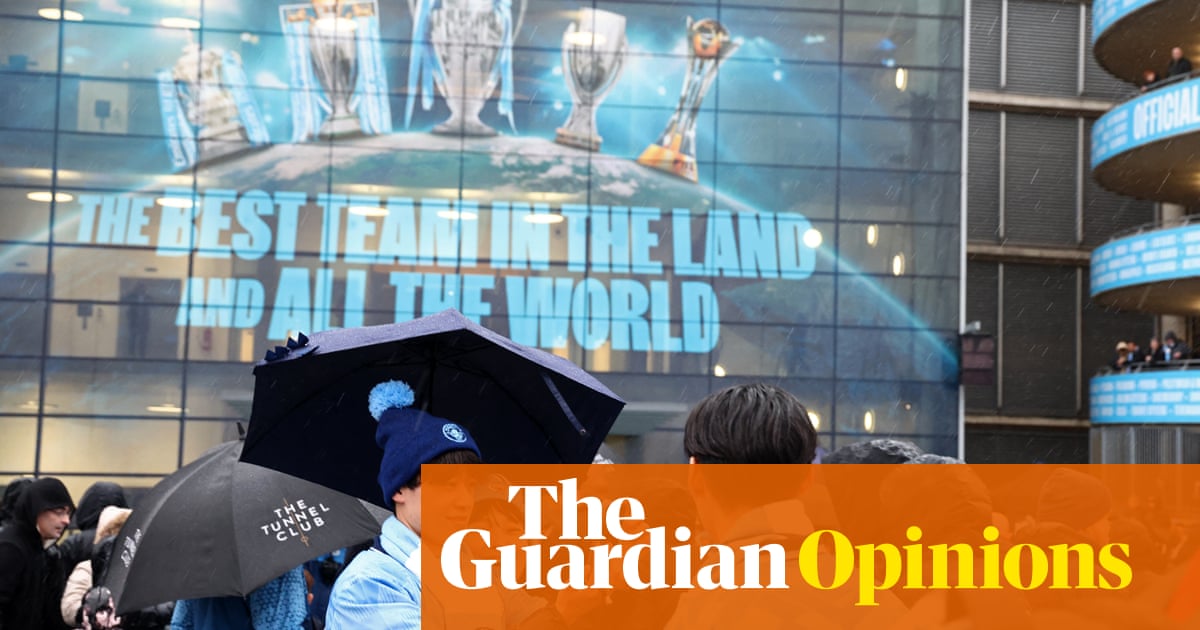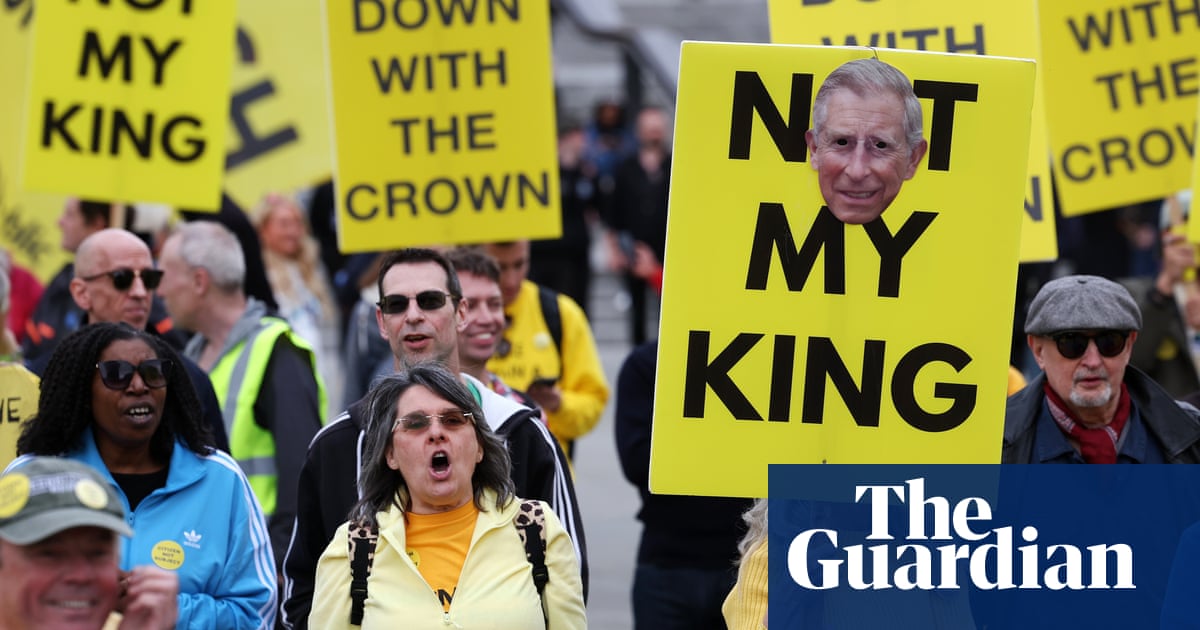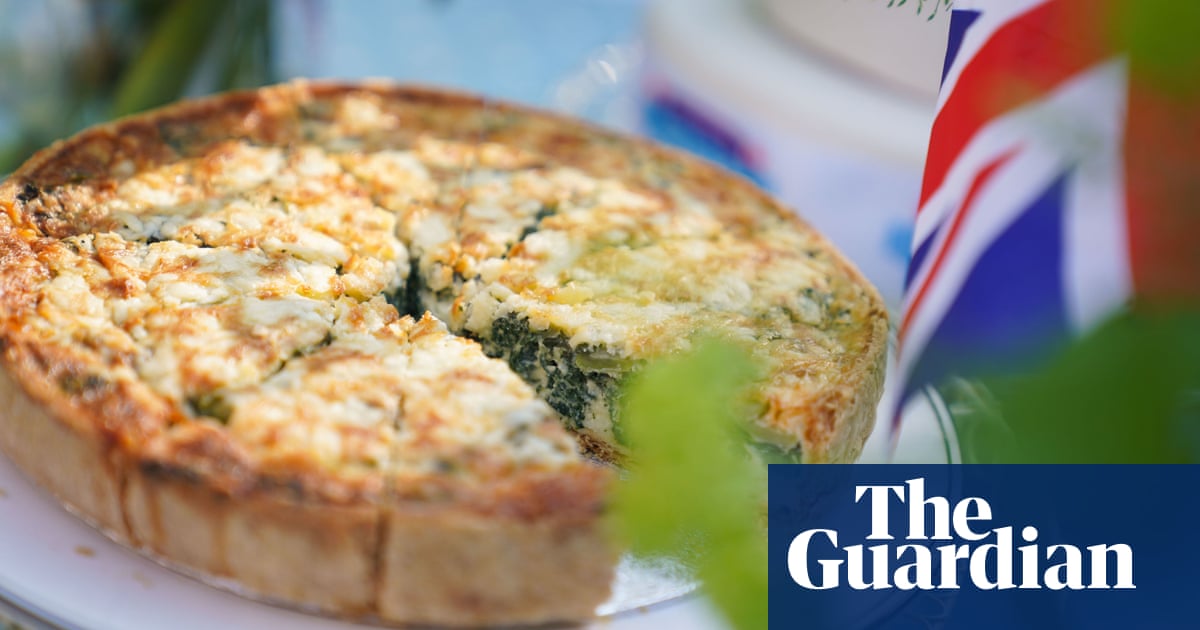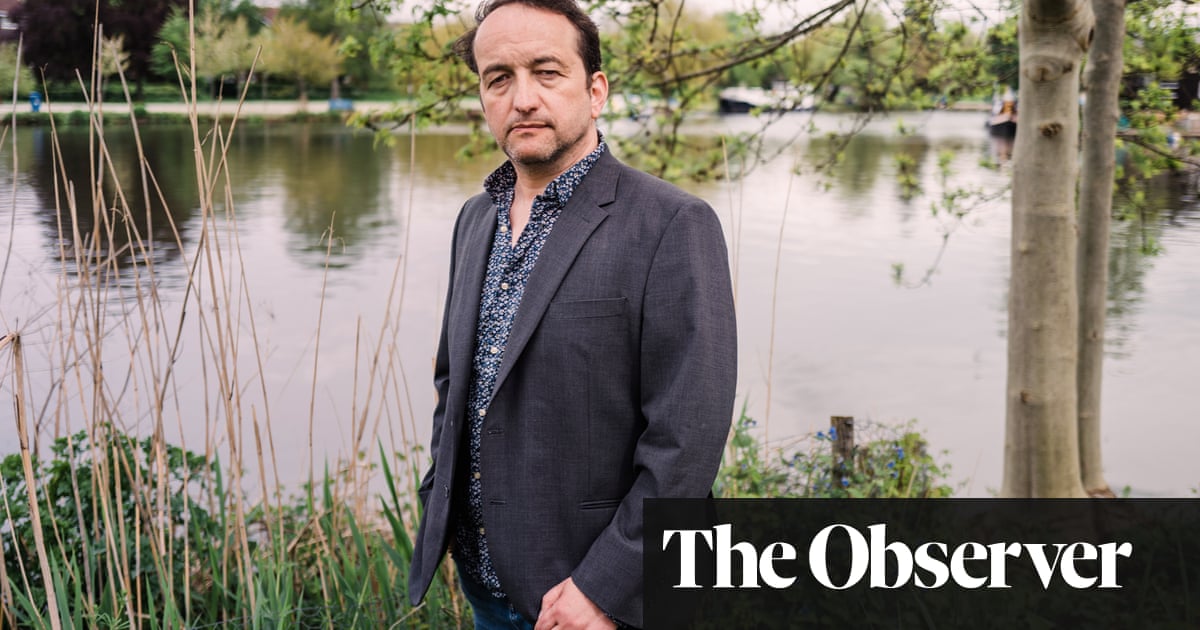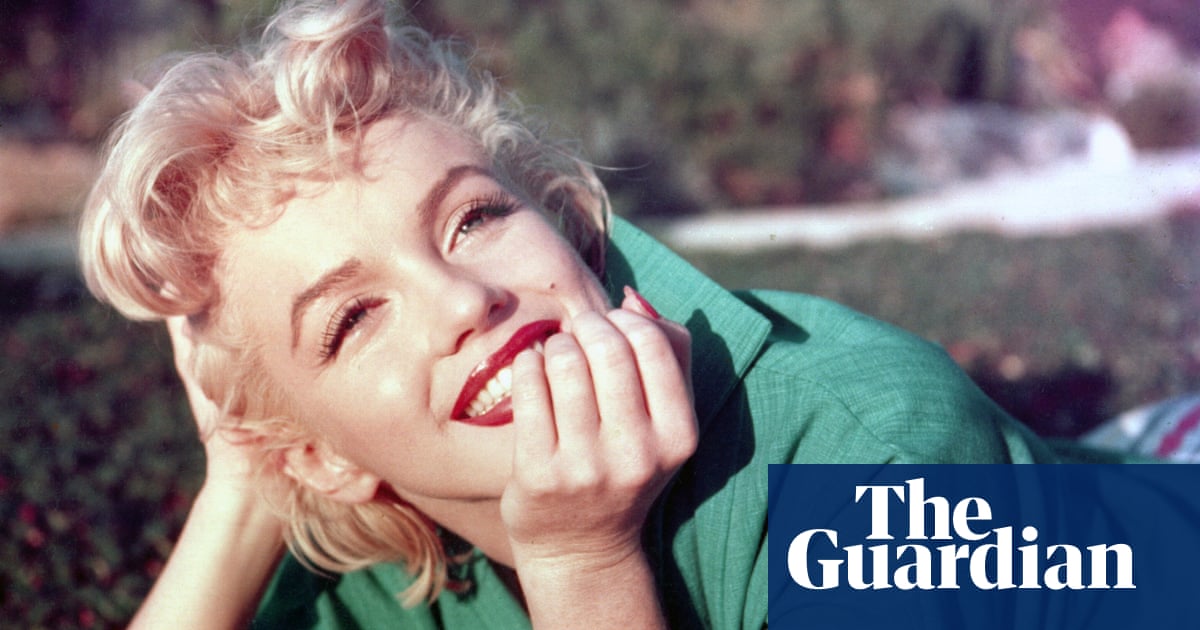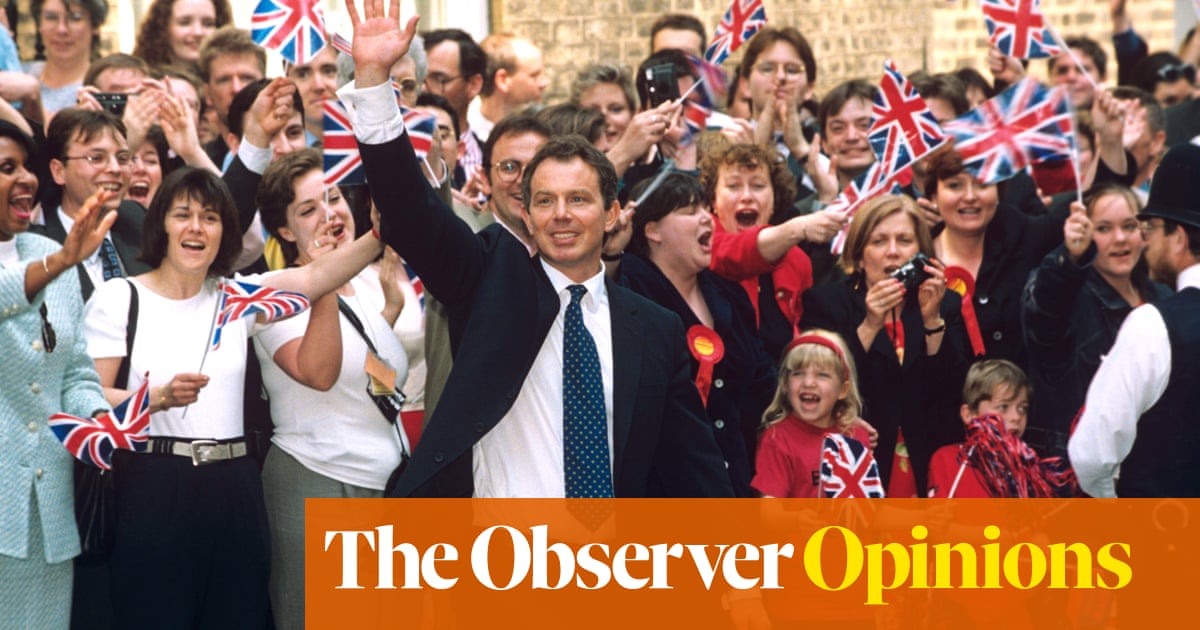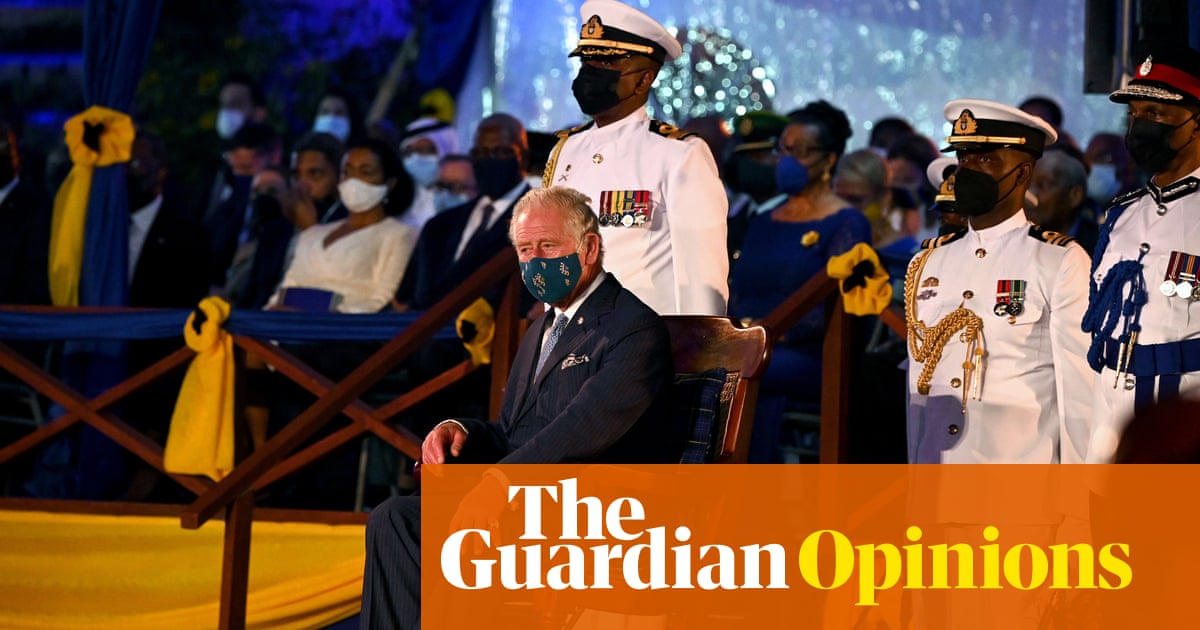
When Queen Elizabeth II was crowned in 1953, there were celebrations across the Commonwealth. In Barbados, people were jubilant and the government even issued a postage stamp to commemorate the moment.
Things have changed a great deal since then. Most Commonwealth citizens feel removed from the monarchy and will be going about their business as usual today. Curiosity will capture some of our attention, but for the average Barbadian man and woman the occasion will pass without much fanfare.
What’s changed in the past 70 years? Barbados has come a long way since 1953, achieving independence in 1966 and becoming the world’s newest republic in 2021, severing the final strings that bound the island nation to its coloniser of more than 300 years (beyond Charles’s role as head of the Commonwealth).
The British monarch is no longer our head of state – and the greater awareness of our colonial past and the harsh brutality inflicted on our forefathers makes a coronation of a king from our former royal family less than appealing. We’re far more interested in what this new king may say and do to correct the injustices of that past.
On 30 November 2021, on the occasion of Barbados’s transition to a republic and the formal removal of the Queen as head of state, the then Prince Charles spoke in front of a crowd in National Heroes Square, once known as Trafalgar Square, in Bridgetown, saying: “From the darkest days of our past and the appalling atrocity of slavery, which forever stains our histories, the people of this island forged their path with extraordinary fortitude.”
It was an acknowledgment of those dark days, long in coming but welcomed as the beginning of a conversation about the effects of that atrocious period and what can and must be done to truly redress and remedy those injustices. Reparatory justice is high on our agenda and is a difficult conversation that has started in earnest.
Meanwhile, Barbados is moving full steam ahead in firming up its republican status. A commission on constitutional reform was set up in June 2022 to review and reform the Barbados constitution, in use since 1966 and amended a few times in the subsequent years. That reformed constitution will probably remove any remaining vestiges of our colonial past and truly reflect a Barbados of the 21st century, a republic with a Barbadian head of state.
Attention across the Commonwealth has turned to those who still retain the monarch as their head of state – Antigua, the Bahamas, Belize, Grenada, Jamaica, St Kitts, St Lucia and St Vincent – and whether they too may become republics. Jamaica has taken the lead by appointing a constitutional reform committee, and is pushing to become a republic by 2025.
As the number of Commonwealth republics grows, the organisation will have to work hard to remain relevant. Notwithstanding the indifference by many Barbadians to this coronation, the president of Barbados, Sandra Mason, will be in attendance in London – signalling that Barbados maintains a friendship with the UK, its monarch and its people.
The thousands of guests in attendance at Westminster Abbey and the audience around the world will witness a solid gold crown made in 1661 being placed on the head of King Charles III, but the king will have more on his head besides this ancient crown. A declining realm, a less respected and less loved monarchy coupled with ongoing revelations of inappropriate behaviour and racism – he has his work cut out.
Suleiman Bulbulia is a commissioner on Barbados’s constitutional reform commission and a former member of the republican status transition advisory committee




